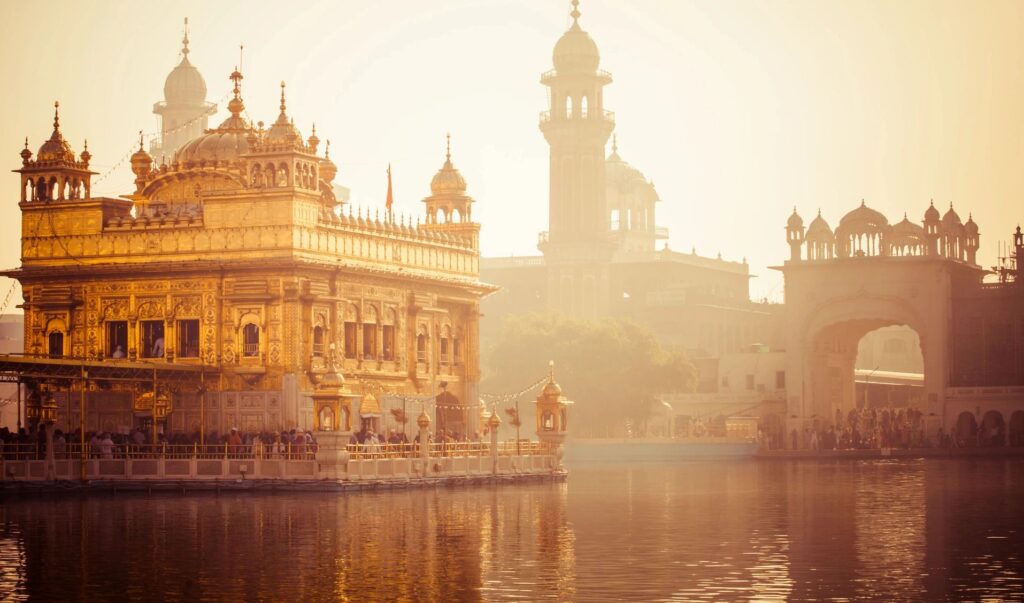Deep Perspectives on India

India's Democratic Journey : Strength and Challenges
Democratic India, the world’s largest democracy, exemplifies governance by the people in a diverse society. Rooted in a constitution that upholds equality, justice, and fundamental rights, India inspires globally. Yet, challenges like corruption, poverty, political polarization, bureaucratic inefficiency, infrastructure deficits, and curbs on freedom of speech test its democratic ideals. This article explores these issues and the need for reform.
Corruption: Eroding Trust
Corruption undermines India’s governance, ranking it 85th in Transparency International’s 2023 Corruption Perceptions Index. From petty bribes to large-scale embezzlement, it diverts resources, weakens accountability, and disproportionately affects the poor. Tackling corruption is vital to restore trust and ensure transparent governance.
Poverty and Inequality: A Divided Nation
Despite economic growth, India faces stark disparities. The top 10% control 57% of income, while the bottom 50% share just 13%. This gap limits mobility, perpetuates poverty, and fuels unrest, especially in rural areas lacking basic services. Addressing inequality is key to inclusive progress.
Polarization: Straining Unity
India’s diversity is a strength, but rising Hindu nationalism under the BJP has heightened tensions with minorities, particularly Muslims (14% of the population). Communal violence and debates over secularism challenge inclusivity. Balancing majority and minority rights is crucial for social cohesion.
Bureaucratic Inefficiency: Stifling Progress
India’s bureaucracy, despite a 63rd ranking in the 2020 Ease of Doing Business index, slows innovation and service delivery with red tape. This hampers investment and delays reforms, frustrating citizens and businesses alike. Streamlining processes is essential for effective governance.
Infrastructure Gaps: Limiting Development
Rural India lags, with 35% of households lacking electricity and 40% without clean cooking fuel. Deficient healthcare, education, and transportation entrench poverty and restrict democratic participation. Bridging these gaps is critical for equitable growth.
Freedom of Speech: Under Threat
Freedom of speech, guaranteed by Article 19(1)(a), is vital to India’s democracy. Yet, sedition laws, internet shutdowns, journalist harassment, and pressure on social media curb expression. These foster self-censorship and weaken accountability. Reforms to protect free speech are urgent to sustain democratic values.
The Path Forward
India’s democracy blends triumphs and trials. Corruption, inequality, polarization, inefficiency, infrastructure deficits, and free speech restrictions demand action. Reforms—rooting out graft, reducing disparities, fostering inclusivity, streamlining governance, closing infrastructure gaps, and safeguarding expression—are imperative. A vibrant democracy thrives on dissent and free voices, and India must embrace these changes to uphold its global standing.
Why The Chips Are Down In India? Trying to find the latest upgrade for my laptop, turned out to be an eye opener. The only thing I could do was upgrade my RAM and hoped all would go fine. The cost for an upgrade, this time to a more high-performance based gaming laptop would set me back by a cool $2500 to $5000 dollars. I am talking about the ROG Series, Legion, Predator, Alienware and Raider laptops. My quest was not to buy this laptop but to ask, could India be able to make the entire range of high-performance laptops

